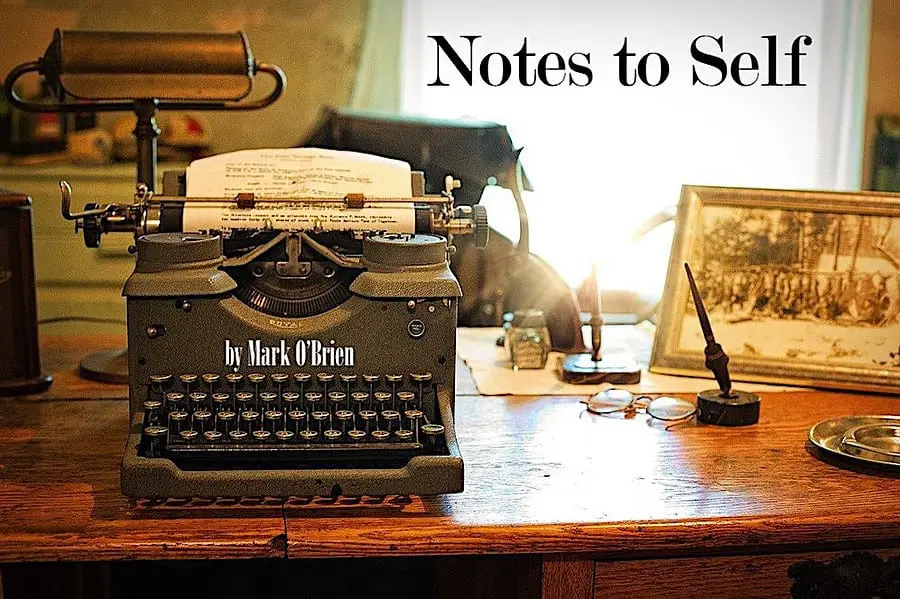Heard It in a Love Song

The Marshall Tucker Band released its self-titled debut album on Phil Walden’s Capricorn Records in 1973. As soon as my buddies and I heard “Take the Highway” and “Can’t You See”, we were instant fans. In 1977, the band released its sixth album, Carolina Dreams, which was certified platinum in the same year and was their most commercially successful album. It contained the track, “Heard it in a Love Song”, that reached No. 14 on the Billboard charts.
“Heard it in a Love Song” provoked philosophical debate that endures to this day. The controversy is about the last two lines of the concluding verse. Here they are:
Always something greener on the other side of that hill.
I was born a wrangler and a rambler and I guess I always will.
Those lines have produced four distinct interpretational camps:
- Camp One holds that the word, will, at the end of the last line isn’t a verb. Rather, it’s a noun. The song’s writer, the late Toy Caldwell, intended it to invoke the free will of the narrator (singer, Doug Gray), to bail out on his lover and to blame his infidelity on his being a wrangler and a rambler. This view is typically held by Aristotelians. Nietzscheans, on the other hand, tend to see it as a reflection of the fact that being a wrangler and a rambler causes the narrator to experience feelings of guilt; although, he beats feet, nevertheless.
- Camp Two wonders if the last line was Toy Caldwell’s version of the age-old philosophical question: Why are we? That, of course, sends the existentialists into a complete tailspin because without more specificity — why are we what? — they can’t determine meaning or purpose. And without that same specificity, the teleologists have no phenomena — no purpose or design — to direct them toward some ostensible end.
- Camp Three wonders, “Always will what?” Toy Caldwell wasn’t known to be a mystery writer or a practical joker. So, the answer to that question remains perpetually elusive. But it doesn’t bother philosophers that much. The only ones who really worry about it are the grammar snobs and the syntax freaks. They want the same kind of specificity the existentialist and the teleologists want. But the grammar snobs and syntax freaks don’t want it because they’re curious. They want it because they’re perfectionists.
- Camp Four believes Toy Caldwell just didn’t give a damn. Ironically, while not everyone buys that, it’s the one explanation that could satisfy the Aristotelians, the Nietzscheans, the existentialists, the teleologists, the grammar snobs, and the syntax freaks. Go figure.
Nevertheless, it’s a beautiful song and yet another indication of the talent — to say nothing of the enigmatic intellectual acuity — Toy took with him at the tender age of 45.
Plan B
As a public service — particularly for cover-band artists who also happen to be freakish about philosophy, grammar, and syntax — I offer a few modest alternatives to the last two lines of the song. No credit or recompense need be given to me; although, I have set up an account for voluntary donations. In any event, here are the alternatives:
- Always something greener on the other side of that hill.
I was born a wrangler and a rambler and I guess I’ll hang at will. - Always something greener on the other side of that hill.
I was born a wrangler and a rambler, so I guess I’ll hang with Will. - Always something greener on the other side of that hill.
I was born a wrangler and a rambler, so I don’t have time to kill. - Always something greener on the other side of that hill.
I was born a wrangler and a rambler, so I guess I’ll take a pill. - Always something greener on the other side of that hill.
I was born a wrangler and a rambler ‘cause I fought at Bunker Hill. - Always something greener on the other side of that hill.
I was born a wrangler and a rambler and, Babe, this ain’t no drill. - Always something greener on the other side of that hill.
I was born a wrangler and a rambler and I’ve been on Doctor Phil.
No Pressure
As I suggested, there’s no obligation to give me credit or to pay royalties for using any of these lyrical gems. But if the spirit moves you to make a donation to the voluntary fund, please have your credit card ready and call 1-800-BAD-POET. Operators are standing by.
And if anyone ever asks where you got any of those clever lines, just say you heard it in a love song.
Cain’t be wrong.
Originally Published on https://www.bizcatalyst360.com/category/lifecolumns/notes-to-self/
I'm the founder and principal of O'Brien Communications Group (obriencg.com) and the co-founder and President of EinSource (einsource.com). I'm a lifelong writer. My wife, Anne, and I have two married sons and four grandchildren. I'm having the time of my life.
